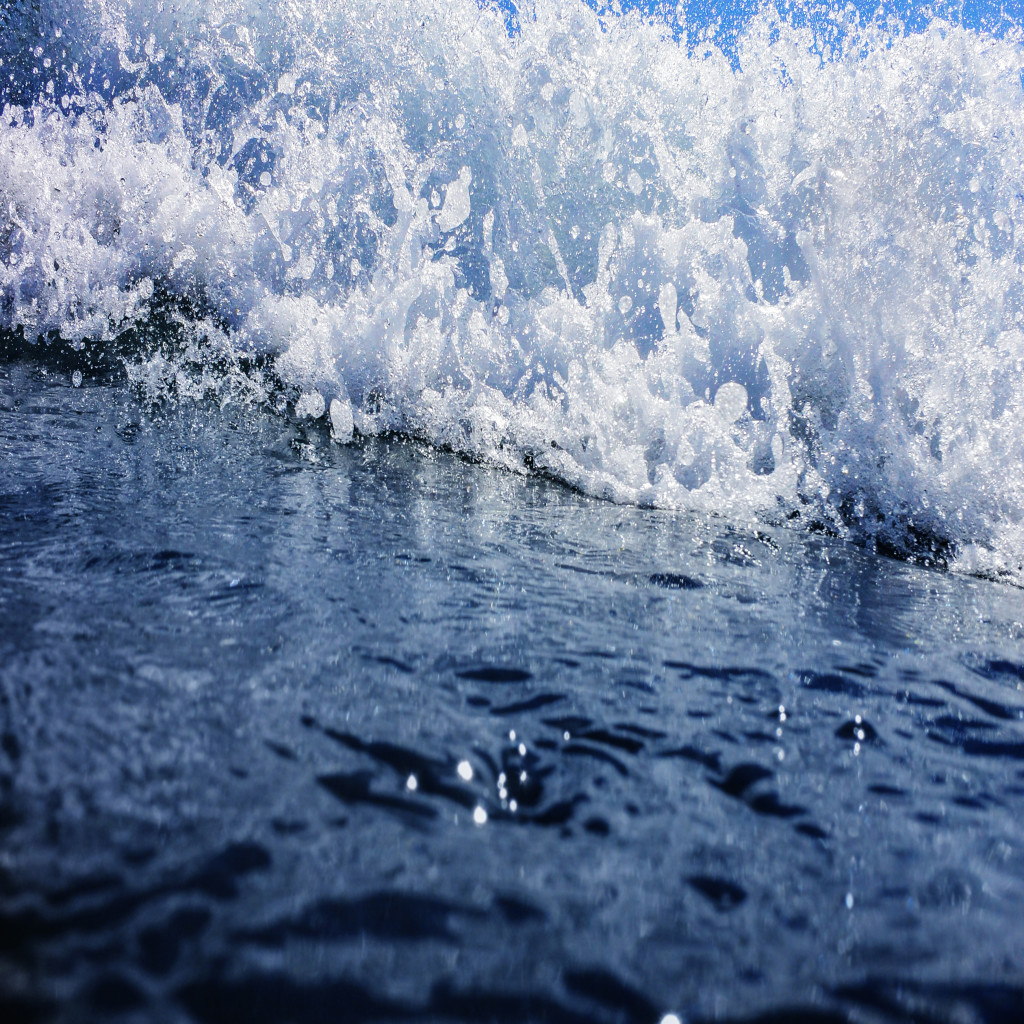
Rising Seas From Cooling Temperatures?
Many if not all earth scientists appear to take it for granted that so-called Ice Ages are associated with a colder Earth and Sun. By the same token, they believe that sea levels would drop when the planet cools. That’s something they attribute to the epic accumulation of ice within massive glaciations.
They might be right. But as I follow my own standard scientific practice of judging no one but challenging every thing, I find reasons to speculate that glaciers would grow from a warming sun, and accordingly, that sea levels would rise when the planet cools. For example, it takes tremendous amounts of energy to relocate water from the oceans to those remote ice – sinks such as high mountain catchments.* Or for example, tropical plants and animals somehow are still here even after 800,000 years of recurring massive Ice Ages. Or for example, stable isotope interpretations of temperature from ice cores, appear to be based on assumptions that ice ages were colder even in those tropics.
They might still be right, but as I continue to follow my own research directions, I find even more reasons to question this doctrine. For example, our modern glaciers and ice sheets appear to be more tightly related to atmospheric moisture circulation than to temperature. Consider that no glacier can persist or grow without a massive renewable supply of moisture. Moreover, no moisture can reach such glaciers without Solar forced evaporation of that water from our oceans.
Who would argue with a claim that the more intensely that the Sun beams upon our planet, the greater the masses of moisture that are evaporated from the oceans, said moisture now available to circulate to high mountain catchments? Well, almost every climate scientist other than I would dispute that. Among mainstream experts there is no allowance for solar driving of hydroclimate. Rather, standard papers consistently refer to a “Solar Constant”. For what it is worth, in support of Solar cycle influenced evaporation, I wrote a paper [1]. The paper is supported further by several continuous years of accurate forecasts.
I’ve worked from that paper to develop this glacier concept. This is not a paper though but only a blog. It is speculation, with a few supporting facts. On the other hand I can’t seem to find any papers that describe how higher temperatures eliminated any ice ages, or how lower temperatures would have started any. Rather, virtually all papers I’m aware of about sea levels, glaciers, and the like, start from an unwritten assumption that a cooling Sun led to the Ice Ages. In more innocent days when I didn’t question that assumption either, I still found many other things to challenge about their ice age notion. For example, I ran a spectral calculation which appears to demonstrate that the 100k yr Milankovitch cycle could not have caused the Ice Ages. I’m sure I wasn’t the only one, and yet it remains hard for me to fathom how cycles which are so out of phase can be accepted as some kind of causality. But regardless of that, I still took it for granted that a warming Earth would lead to less glaciation.
This brief post introduces a few simple reasons to question that glacial meme. It’s strange to explore this notion even to me and so I don’t expect many to have much appetite to dig into this new concern. Fortunately I don’t have very much baggage.
In this new possibility for glacier genesis, as covered in recent posts, I recognize that much more energy is required to remove moisture from the oceans than to not remove it. I’ve added the recognition that high altitude and high latitude “seed zones” allow for that removed moisture to re-precipitate as snow. This process may seem slight over a short term, but there appears to be little to limit its long term potential. Accordingly a persistently hotter Sun means more evaporation and more sequestration into remote icy places. If that is true, then a colder Sun and by extension a colder Earth, would lead to less evaporation and less sequestration into remote icy places. It appears to follow that cooling temperatures would lead to rising sea levels.
*try it to confirm if you must. 😀
 11657total visits,6visits today
11657total visits,6visits today

